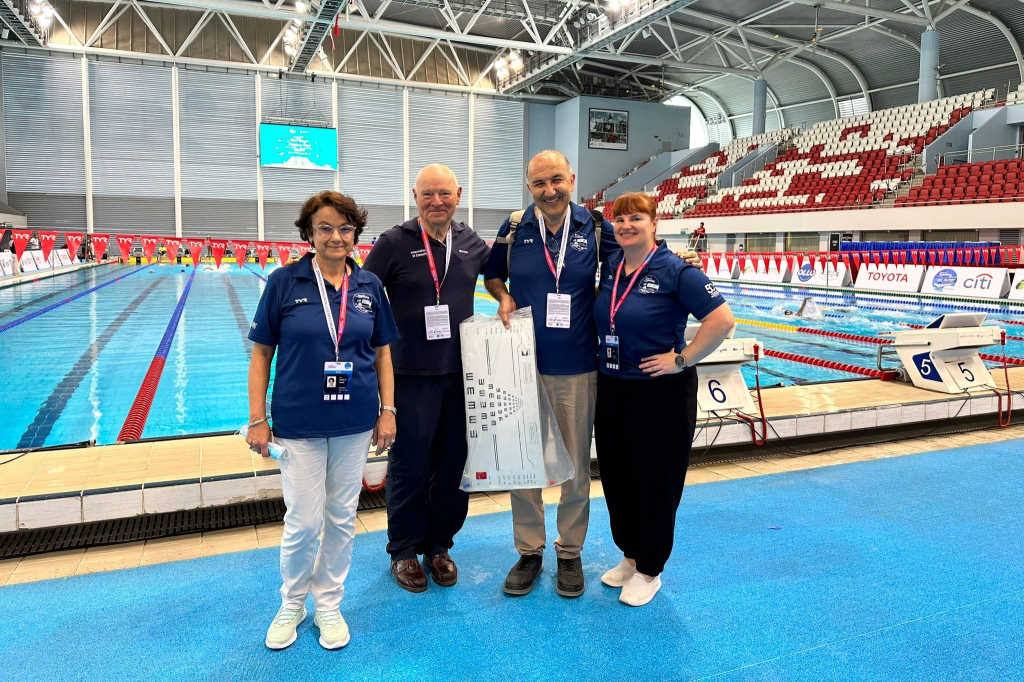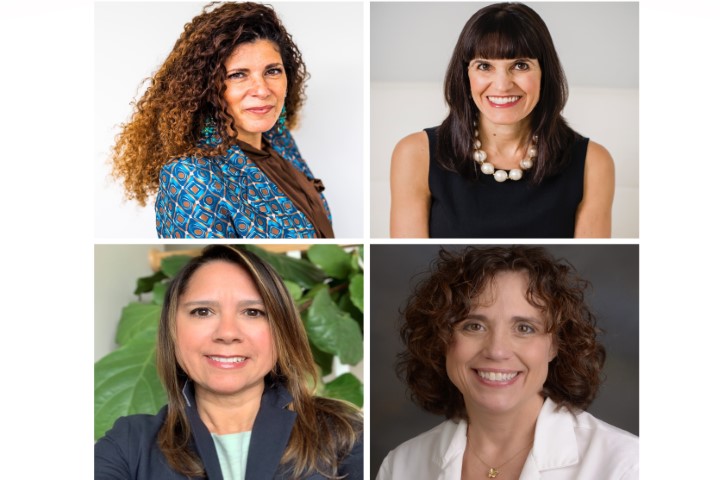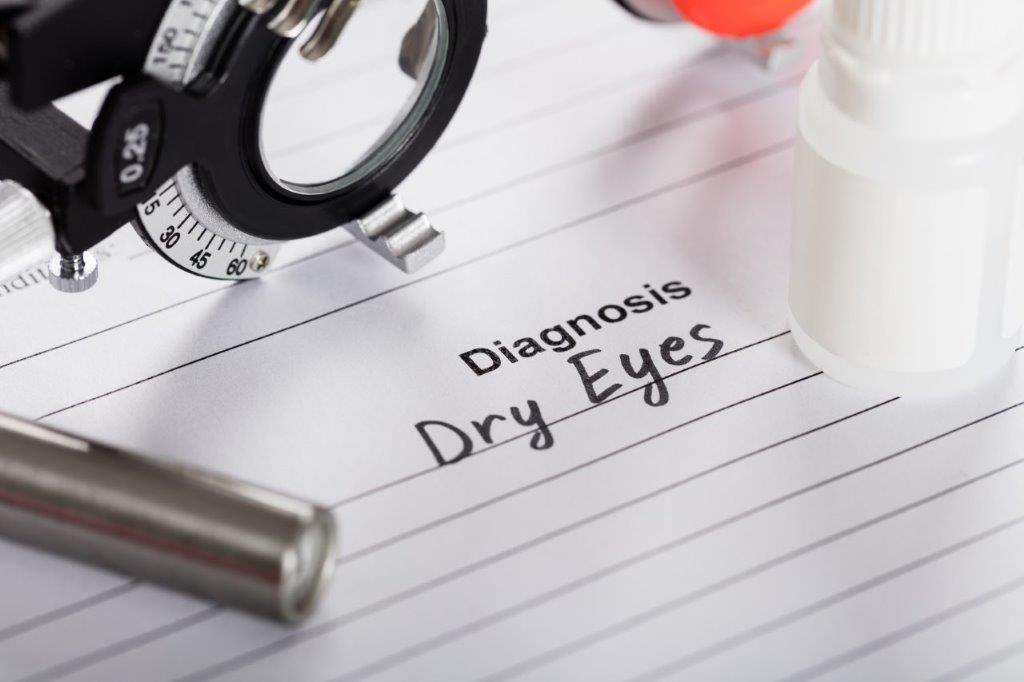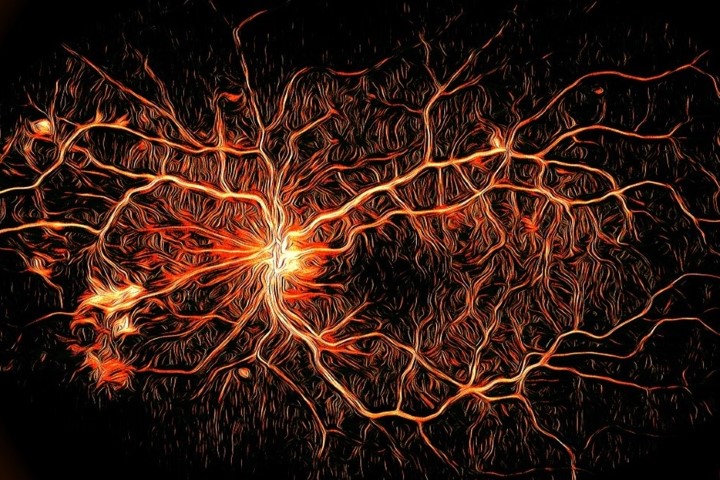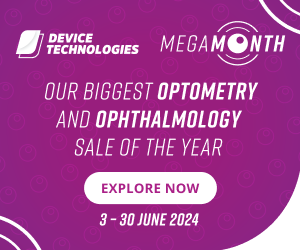Meet the … Ocular nutritionist
Andrea Braakhuis is a registered dietitian with a PhD from the University of Auckland. Her work with antioxidants triggered her interest and research into the impact of what we eat on eye health.
We’re all busy, but Braakhuis takes the meaning of the word to a new level, not because she has more on her schedule than any other passionate scientist, but because of the level of energy and vigour she brings with her. A former senior sport dietitian for the United States Olympic Committee, as well as NZ’s own Olympic team, Braakhuis now lectures to nutrition and dietetic students at the University of Auckland while running her own research projects, including in the application of dietary antioxidants and phytochemicals.
“I’ve got a particular interest in polyphenols. Those are the ones found in red wine, eggplant and berries,” she says. “The ones the media always write about. My PhD looked specifically at their use within diet.”
From that research, Braakhuis noted that in studies involving rabbits, it appeared polyphenols had a positive impact on eye health. “Not a lot of research has been done in this area,” she says. “In fact, there isn’t a whole lot of research going into preventative medicine for eye health; it’s mostly reactive. I wanted to see what effect, if any, polyphenols might have on the outcome of ocular disease.”
Braakhuis notes, quite rightly, that a large and growing number of New Zealanders, and people globally, are suffering from debilitating ocular diseases, such as glaucoma. Slower progression of these diseases could be linked to diet, she says.
“I started with a meta-analysis of other studies. We looked at existing published literature to see whether the use of flavonoids, powerful antioxidants found in fruit and veg, correlated with an improvement to visual acuity.”
Her team started with 16,840 articles dating back to 1980 and, by removing duplicates and applying specific criteria regarding the participants, whittled these down to six articles in the meta-analysis and a further two in the systematic review – a total of 286 participants. This analysis demonstrated that visual acuity was recorded as improved in those who consumed flavonoid supplements for two months or more. The poorer the visual acuity to start with, the better the result.
“Although there is some discussion about what increased visual acuity actually means, in my opinion these findings are clinically relevant. The improvement was high enough to be relevant to the patients, and this is very positive indeed.”
Braakhuis then went on to conduct her own, New Zealand-based small survey, to try to obtain a picture of what is happening here. “I used participants from the university optometry clinic with oxidative stress disease, and a control group from audiology, weeding out any crossovers of course.”
Together with her co-researchers, Ryan Raman and Dr Ehsan Vaghefi, Braakhuis asked participants to complete a questionnaire about their diet over previous months. The team wanted the 78 participants from optometry and the control group of 149 to note the frequency of consumption of 31 specific food items. The questionnaire was based on a prior study from the University of Melbourne with a few local inclusions, such as kumara.
“We found that those with a high meat intake were also those with progressive ocular disease,” says Andrea. “The fruit and vegetable intake was higher in the control group, as was the consumption of oils and lipids. These results, while from a small cohort, were similar to those of the much larger clinical study performed in Melbourne.”
Braakhuis’ conclusions were simple and are seemingly common sense: that a healthy diet higher in fruit and veg is going to be better for eye health.
“In fact, the benefits of such a diet for full body health have been confirmed by a number of papers,” she says. “But high meat consumption does seem to correlate specifically with eye disease.”
Despite these clear findings, there is still very little work being done to push the importance of good diet on patients with ocular disease. Braakhuis would like to see a cross-departmental group of specialists working on this, but it’s been a tricky project to get off the ground, she says.
“It would be great to get a collective of experts working together on this issue, but it is very complex because it involves deep research into areas like digestion and absorption and the impact of gut bacteria. I think that puts some people off even though the benefit for our ageing population of good (dietary) advice could be huge.”
Despite this, Braakhuis’ interest in the link between diet and good eye health has not diminished. “I’m currently developing an idea around a link between diet and eye strain, especially in certain populations and ethnic groups. With the incredible increase in myopia, I think this will be of great interest.”

















